Organized crime charges: Rabi Lamichhane expresses concerns
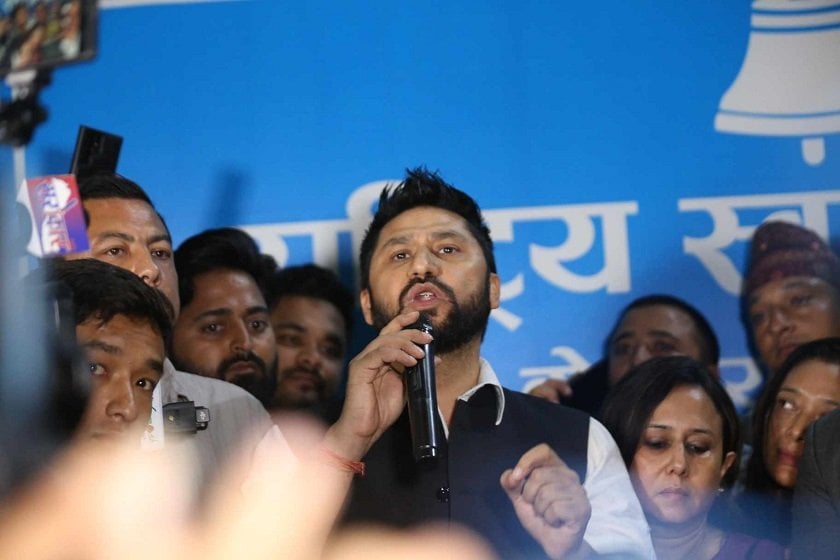
Kathmandu, September 26 — Following the report submitted by the parliamentary committee formed to investigate the misuse of cooperative savings, the cabinet approved the report, leading to the arrest of former DIG of Nepal Police, Chhabilal Joshi, who is also an operator of Gorkha Media.
Immediately after his arrest, many speculated that the investigation would focus on the president of the Rashtriya Swotantra Party (RSP), Rabi Lamichhane. With Joshi's arrest, there were concerns from Lamichhane, who is also a former Deputy Prime Minister and Home Minister, about his own potential arrest. He called his party workers to the party office to announce their resistance against the situation.
After police began questioning Joshi, Lamichhane did not hold a press conference regarding the accusations against him on September 24. Instead, he made a one-sided statement through his social media (Facebook).
In a speech lasting about 40 minutes, Lamichhane acknowledged that although he was not involved in the cooperative fraud, he accepted responsibility for managing the money that came from the cooperative as a responsible person of Gorkha Media, indicating he would accept the parliamentary committee's recommendations for action.
During this, he expressed concerns that he could be accused of fraud and organized crime. However, legal experts suggest that additional charges may also be filed against him. According to them, initially, Lamichhane could face investigations for fraud, money laundering, misuse of cooperative funds, and organized crime.
Previously, Lamichhane had claimed that the parliamentary committee had declared him completely innocent, stating he had received a “clean chit,” but now he is expressing readiness to face action based on the committee's recommendations. Not only Lamichhane, but also senior leaders and workers of his party have been claiming that he received a “clean chit.” However, in his recent address, Lamichhane seems to have taken a step back.
Government agencies have not commented on how action against Lamichhane will proceed. However, a “necessary arrest warrant” was issued against Joshi for organized crime, and with this ongoing concern, Lamichhane expressed fears in his Tuesday address about facing similar charges. Furthermore, Lamichhane himself mentioned that he could be accused of fraud. In this context, officials indicate that five potential cases could emerge against Lamichhane.
Organized crime
The Prevention of Organized Crime Act, 2013 defines organized crime offenses. Under Section 3(2) of this Act, if anyone knowingly commits a serious crime for the benefit of a criminal group, under the direction of a criminal group, on behalf of a criminal group, or in collaboration with a criminal group, they are considered to have committed organized crime. Serious crimes are defined as:
- (a) Offenses punishable by more than three years of imprisonment according to existing laws not specified in the Act.
- (b) Establishment of a criminal group, obstruction of judicial processes, destructive acts, and acts related to criminal benefits (extortion).
- (c) Offenses involving financial investments in corruption, money laundering, or terrorist activities under existing laws.
- (d) Any act that assists or participates in organized criminal activities.
The Act stipulates that those committing the first, second, and fourth offenses may face an additional 50% punishment under existing laws. Similarly, those committing the third offense may face up to five years of imprisonment and a fine of up to five hundred thousand rupees.
This means that if a crime occurs individually, the punishment is comparatively lesser, while organized crimes incur one and a half times the penalty as per the Act.
Additionally, the Act provides for separate actions against organized criminal groups concerning their establishment, obstruction of judicial processes, destructive activities, and criminal benefits.
According to this, establishing a criminal group may lead to up to five years of imprisonment and a fine of up to fifty thousand rupees, while judicial obstruction may result in up to three years of imprisonment and a fine of up to two hundred thousand rupees. For destructive acts, the punishment can range from three years to life imprisonment. Moreover, the Act specifies that accomplices may receive half the punishment.
In this case related to Lamichhane, it appears that cooperative funds have been unauthorizedly brought to Gorkha Media Network. Additionally, individuals associated with Gorkha Media seem to be investing unauthorized money from various cooperatives into unauthorized companies. This could be seen as a collective criminal act, which might lead to legal action.
Fraud
Another concern Lamichhane expressed was regarding potential fraud charges against him. The Criminal Code Act's Section 21, under Article 249, outlines provisions related to fraud.
This article states that “if someone causes harm, damage, or loss to another or themselves by deceiving or misleading someone or by any means, or prevents someone from doing something, and thereby gains for themselves or another, they will be considered to have committed fraud.”
The explanation of this article indicates that “if the victim of fraud has obtained any document from the perpetrator, that document will be relevant.” Under this provision, if prosecuted, one could face up to seven years of imprisonment and a fine of up to seventy thousand rupees.
In Lamichhane's case, the parliamentary committee's report indicates that there is no evidence showing his role in bringing cooperative money to Gorkha Media. However, discussions are ongoing regarding the possibility of a fraud case based on his involvement in spending that money.
According to Article 251 of the same section, unlawful use of property is prohibited. If someone unlawfully occupies and uses another's property with dishonest intent, causes damage, loss, or misappropriation, or rents or sells the property without the owner's consent, it will be considered “unlawful use of property.” This carries a penalty of up to one year in prison and a fine of up to ten thousand rupees.
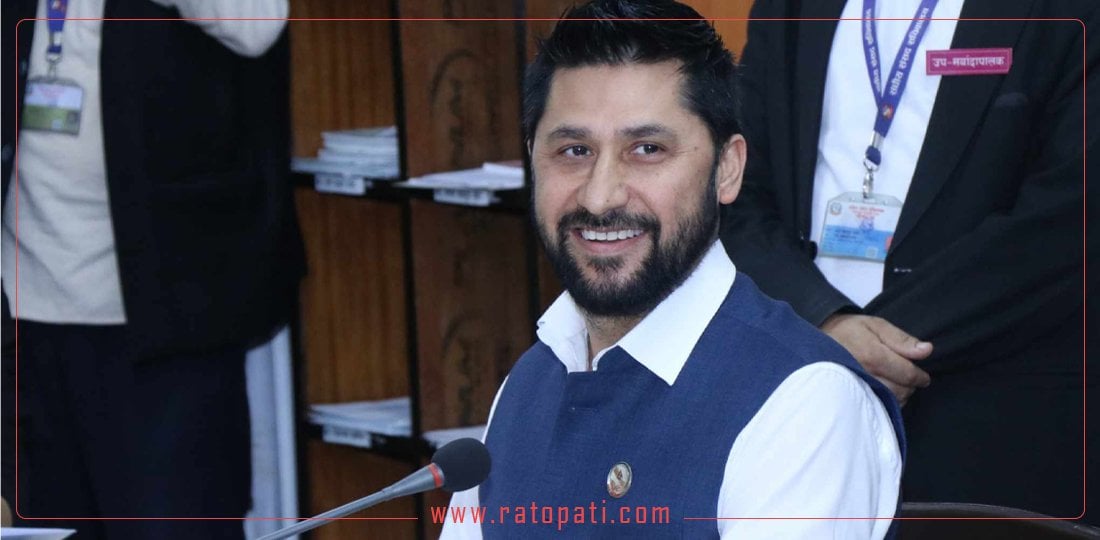
Money laundering
The law provides for action against those involved in acquiring property through illegal or terrorist activities and disguising it as legitimately obtained. The Asset (Money) Laundering Prevention Act, 2008 (Sixth Amendment) is currently in effect.
Section 3 of this Act defines three conditions as money laundering offenses:
- Hiding or concealing the illicit origin of property or assisting an offender to evade legal action, knowing or having reasonable grounds to believe that such property is derived from a crime.
- Knowing or having reasonable grounds to believe that property is derived from a crime, hiding or concealing the true nature, source, location, disposition, movement, ownership, or rights over that property.
- Knowingly acquiring, using, or possessing property that is derived from a crime, knowing or having reasonable grounds to believe that it is so derived.
Individuals committing or assisting in these offenses may face imprisonment for two to ten years and fines up to five times the value of the property involved. Regarding Gorkha Media Network, Lamichhane has publicly stated that the source of funds collected as a 15% share is unknown, which legally could be categorized as a money laundering offense.
Forgery
Forgery is explained in Section 276 of the Criminal Codes. According to this section, “if someone creates a false document, electronic record, or any part of it with the intent to cause harm, loss, or benefit to oneself or another, they will be deemed to have committed forgery.” The law provides for imprisonment of up to five years and a fine of up to fifty thousand rupees for forgery of documents other than government documents.
The parliamentary investigation committee's report has found that Lamichhane committed forgery when holding and selling shares in Gorkha Media Network. However, under this offense, it seems that he will not be exonerated from the cooperative fraud charges.
Cooperative fraud
The parliamentary investigation committee mentioned that there was insufficient evidence to link Lamichhane to the cooperative funds brought to Gorkha Media Network. Nevertheless, legal experts suggest that a cooperative fraud case may still be filed against him.
A similar case was filed against Gita Basnet, a member of the Rastriya Prajatantra Party, for cooperative fraud. After it was found that money from multiple cooperatives was funnelled to the resort of her ownership in Bardiya, a case was filed against her and 35 others at the Nawalparasi District Court, claiming damages of 165,892,000 rupees. She is currently at large.
If similar legal precedents apply, there is also debate on why Lamichhane should not be arrested. If the law is applied and a case is pursued, penalties ranging from one to ten years could apply. The committee has indicated that 650 million rupees were unauthorizedly amassed at Gorkha Media, which could lead to sentences of 6 to 8 years under Section 124(1)(d)(5) of the Cooperative Act.
Why is Rabi afraid of being implicated in organized crime?
From Lamichhane's statements on Monday and his subsequent Facebook Live address on Tuesday, it appears he is concerned about facing charges related to organized crime.
According to this crime, investigations are to be completed within 60 days. Furthermore, if similar crimes are committed in an organized manner, the penalties can be one and a half times greater than usual.
Additionally, these investigations can have stringent measures, including the possibility of conducting them in closed court sessions.
Moreover, the investigation period for money laundering offenses is set at 90 days, with penalties varying based on the amount involved. Other offenses have a stipulated investigation period of 25 days.



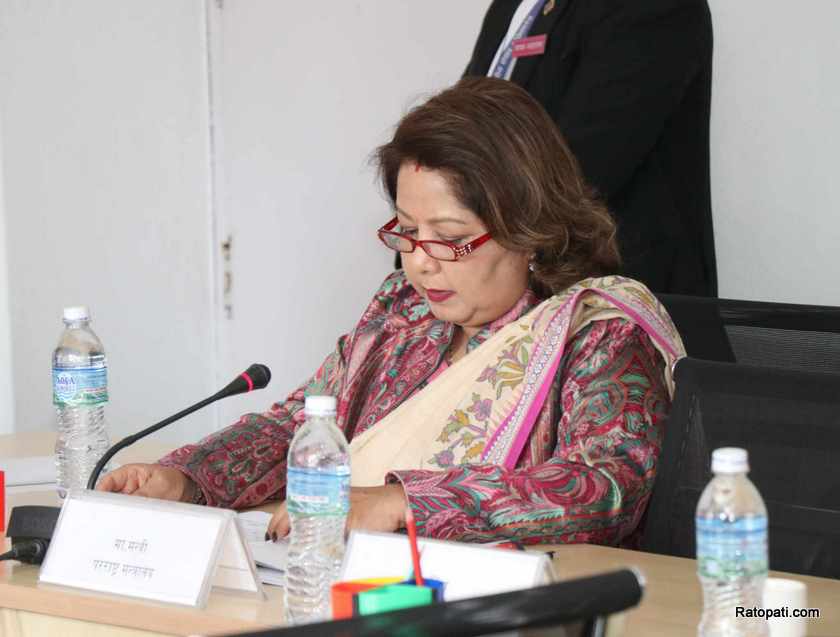


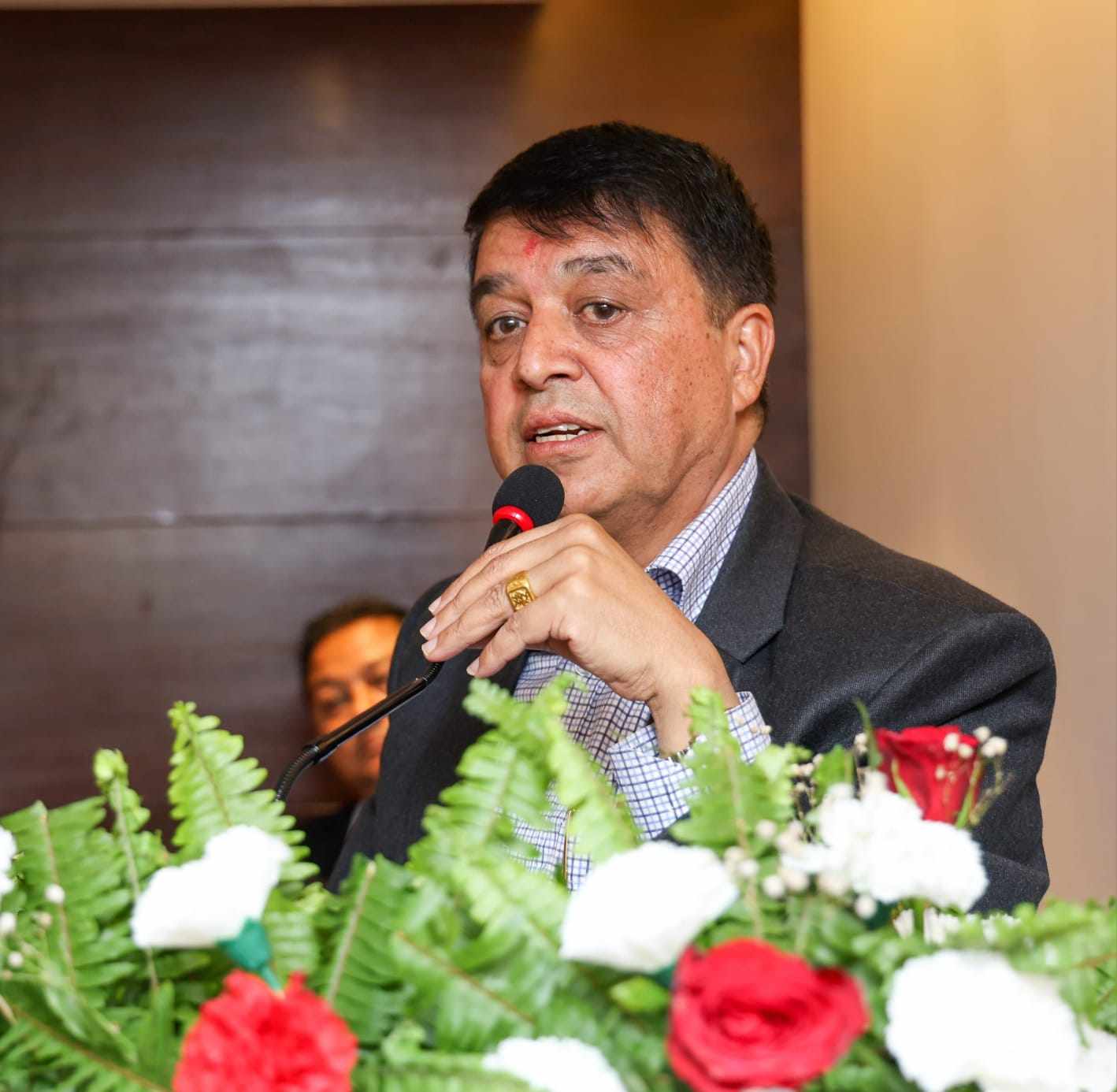


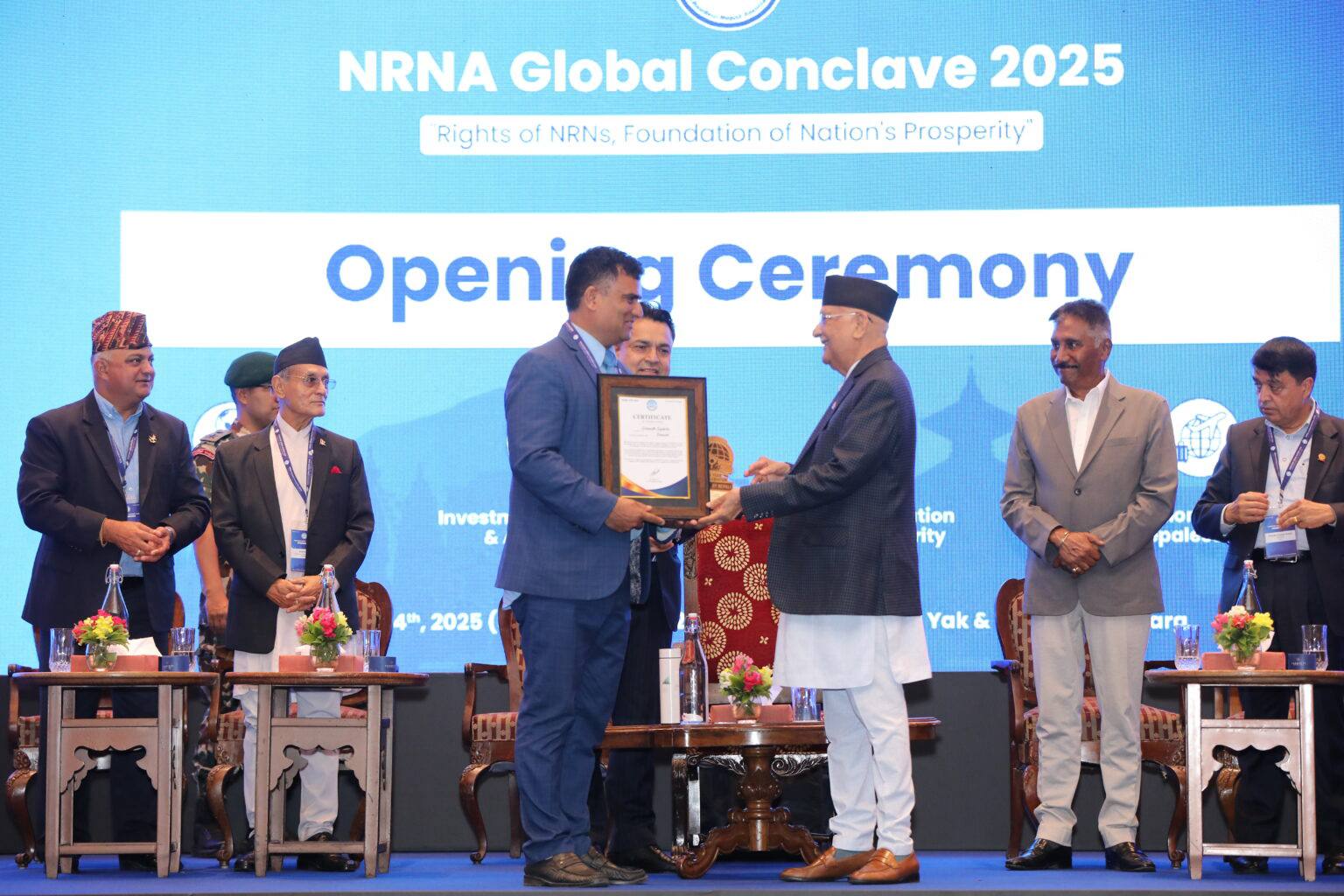
Leave Comment